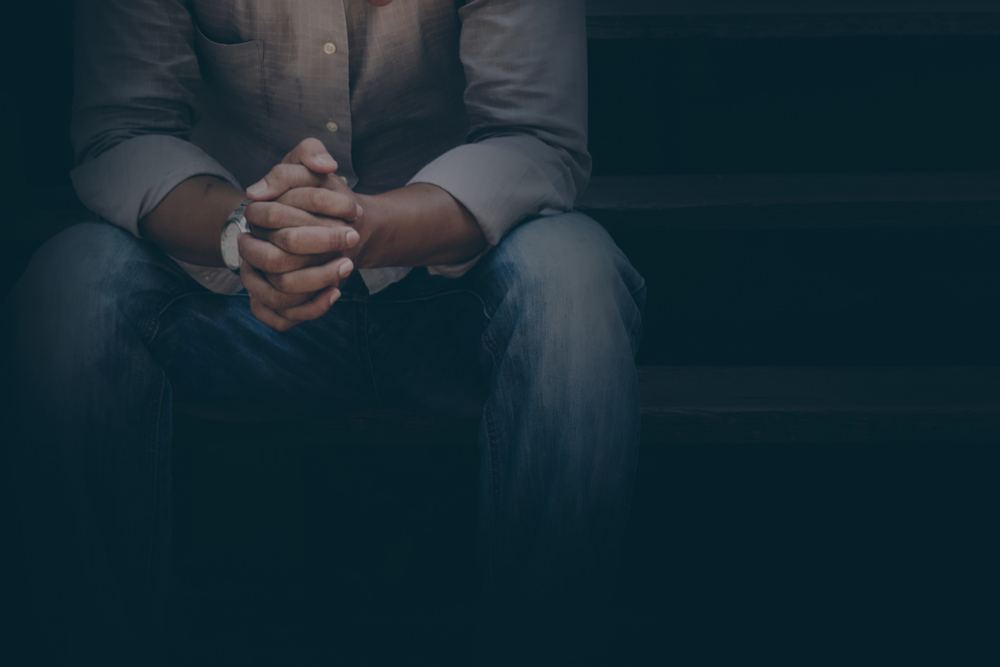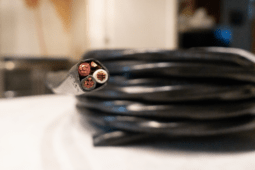My Tears: Reflections on Crying as a Grown Man

My tears. Since I was in my late 20s at least, they've come more easily than ever before. Sad things can bring them on, sure. But mostly, it's the beautiful things. The profound things. And things that are just poignant and stirring. But whatever the cause, they come with frankness and in real earnest.
Sometimes I wonder if I should listen to Sufjan in public anymore. Always an emotional songwriter, his last few efforts, Carrie and Lowell and Planetarium, have been especially frank, incisively autobiographical and completely leveling (especially when you get clued into his autobiography.) It is inevitable that my eyes will become wells in a coffeeshop. But I guess I believe that it's not reasonable to blubber in public or have a crying fit while I'm at work, there is a deeper sense of shame that, if I'm honest, rests down in the nether regions of my psyche, and it is activated when my tears come. I am brought to tears in public by openness, but then shame comes and closes me up again.
Why? I am not afraid of expressing joy in public, even as a man. That's an emotion, too. At one level, as a society, we're doing much better in 2018 than we have, perhaps, ever been doing to embrace male sensitivity and approving of men who display emotions. We can name those places where emotional men have been showcased or celebrated, but they still remain uncommon. On the other hand, I think about what “being a man” means when that phrase is still used or what manliness entails when that term is used even less often. Even our discourse is inflamed by this anti-emotional correlation with serious/grownup/”manly” things. Think of how the word “snowflake” gets tossed about as if empathy was a vice. Consider how many female characters in media are made to show their toughness by using language like “nut up” or “grow a pair.” It's still in the air we breathe that to be emotional is to be weak and unmanly.
On the other hand, I've never much cared about that kind of thing, and for me it doesn't fairly get at that sense of shame I was talking about before. Because I think it goes deeper than a social dysfunction about us feeling our emotions. I think there is something scary in showing ourselves to be subject to a certain kind of trigger. It conveys vulnerability. I certainly feel that. Or perhaps it is the sense of expressing something that, simply through habit and circumstances, I've always held to myself? Its embarrassing to show off something so personal, so special. If I cry, perhaps it is no longer mine.

The real problem is that to be an emotive man is to be a cliche. (To be clear, the problem is being emotive; everyone is allowed to be passively emotional, but to let those emotions out is where the issue gets sticky.) It signals a weepy, hipster mentality that goes along with a whole variety of musical tastes, artistic tastes, political opinions, relationship issues, and cultural preferences. Perhaps one conveyed by admitting to being moved by Sufjan Stevens. That's a lot to put on the simple and very natural act of having a cry, or even of having a penchant for crying. But it remains that if you are a going to lean into your emotionality, you are simply waiting to be pigeonholed into a personality “type” that may have little to do with who you actually are. I am not ashamed to cry, but perhaps I am ashamed of being cast into the certain category of a man who will. I am not proud of this.
And yet despite all of these constraints and social burdens and the inevitable interpersonal awkwardness, my tears come. And when they do, before I get to the shame part, I can almost understand that they might just be some of the most true and authentic feelings that I have. So, I'm trying to let them come, to ignore the sense of shame, and not to let the crackling noise of the world around me define what they mean. Because my tears are only a problem if I let them be. And I'm pretty well decided—They're mine, and they are part of me. And I'm not going to let them be a problem.
Thanks for listening,
Allan









